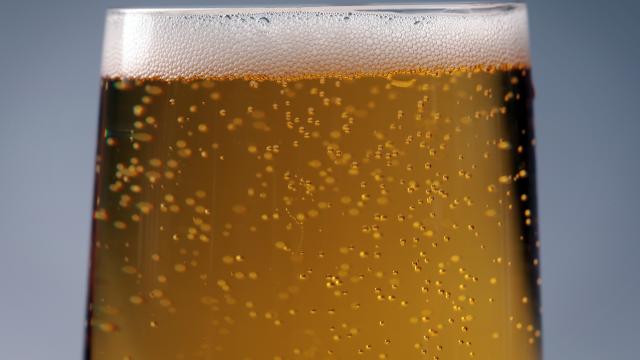Men and women across all sexual orientations are up for mixing drugs and sex, suggests the results of a new study out Tuesday. As part of a larger survey, it found that plenty of gay, bisexual, and heterosexual people admitted to having sex while on drugs, and some explicitly used drugs to enhance their sexual experiences.
The researchers, hailing primarily from the UK, looked at data from the 2013 version of the Global Drug Survey, an annual poll of people’s drug habits from multiple countries, including the U.S. and UK. They specifically evaluated the responses of nearly 23,000 people who took the survey that year, which included a question about whether they had taken a drug right before sex.
For both men and women, it found, the most commonly used drug mixed with sex was alcohol. Roughly 60 per cent of both genders said they had drank before sex in the past. Cannabis was another popular choice, with slightly more than a third of men and about a quarter of women saying they used it before sex. Third was MDMA, or ecstasy, with around 15 per cent of men and women having taken it before sex. Other drugs included ketamine (rarely used recreationally in the U.S., it should be noted), “poppers,” and sildenafil citrate (Viagra).
The findings were published Tuesday in the Journal of Sexual Medicine. One caveat, though, is that the survey may overrepresent people who are willing to tell researchers they use drugs (some people may use drugs but not want to admit to it).
“Our results are not representative of the general population, so we don’t know the real prevalence of substance-linked sex,” lead author Will Lawn, a psychologist at the University College London, told Gizmodo. “However, what it does show is that many drugs we like to use in general, are the same drugs that we use with sex—which makes sense. So perhaps we should focus on those drugs with public health messages, rather than just ‘chemsex’ drugs for gay men.”
Indeed, almost all research looking at the relationship between drugs and sex has focused on men who have sex with men. More specifically, it’s looked at those who use “club drugs” like MDMA to purposefully enhance their sexual experience, a phenomenon coined “chemsex.”
Chemsex has been linked to an increased risk of unsafe sexual practices, such as forgoing protection like condoms, which can then raise the risk of sexually transmitted infections. Thus, public health messages aimed at avoiding or making chemsex safer have largely targeted those men.
But Lawn says that this outsized attention on chemsex and gay and bisexual men, while not completely unwarranted, should be expanded.
“For many years the focus has just been on men who have sex with men, but we need to know how different groups behave,” Lawn said.
Gay and bisexual men, for instance, did report a greater use of most drugs with sex, and more also reported using drugs to explicitly make sex more pleasurable in the past year. But bisexual women, compared to heterosexual women, also reported greater use of drugs to enhance sex. And overall, more than 20 per cent of all groups, regardless of gender or orientation, reported using drugs to have a better sexual experience.
There were differences in how specific drugs affected sexual experience among different groups as well. MDMA and γ-hydroxybutyric acid/γ-butyrolactone (GHL)/γ-Hydroxybutyric acid (GHB), club drugs with intoxicating effects similar to alcohol, were consistently rated as the most positive drugs. MDMA in particular was associated with increasing intimacy the most, while GHL/GHB was rated as ramping up people’s sexual desires the most.
The study didn’t explicitly ask people where they lived, but by using currency as a proxy, they found that UK residents were more likely to report using most drugs with sex, save for cannabis, than people in the U.S., Australia, or Europe.
All of these subtle differences, the authors say, are important for crafting the right sort of tailored public health messages. These messages, Lawn said, shouldn’t just tell people to avoid doing something, but rather try to reduce the overall harm that could come as a result, while understanding why people use these drugs in the first place.
“GHB clearly increases sexual desire which you may be looking for. However, remember not to combine GHB with alcohol or other depressants,” Lawn offered as an example of a public health message in this vein. “Try not to take more than one milliliter. Ensure that you seek consent from your partner when having sex.”
